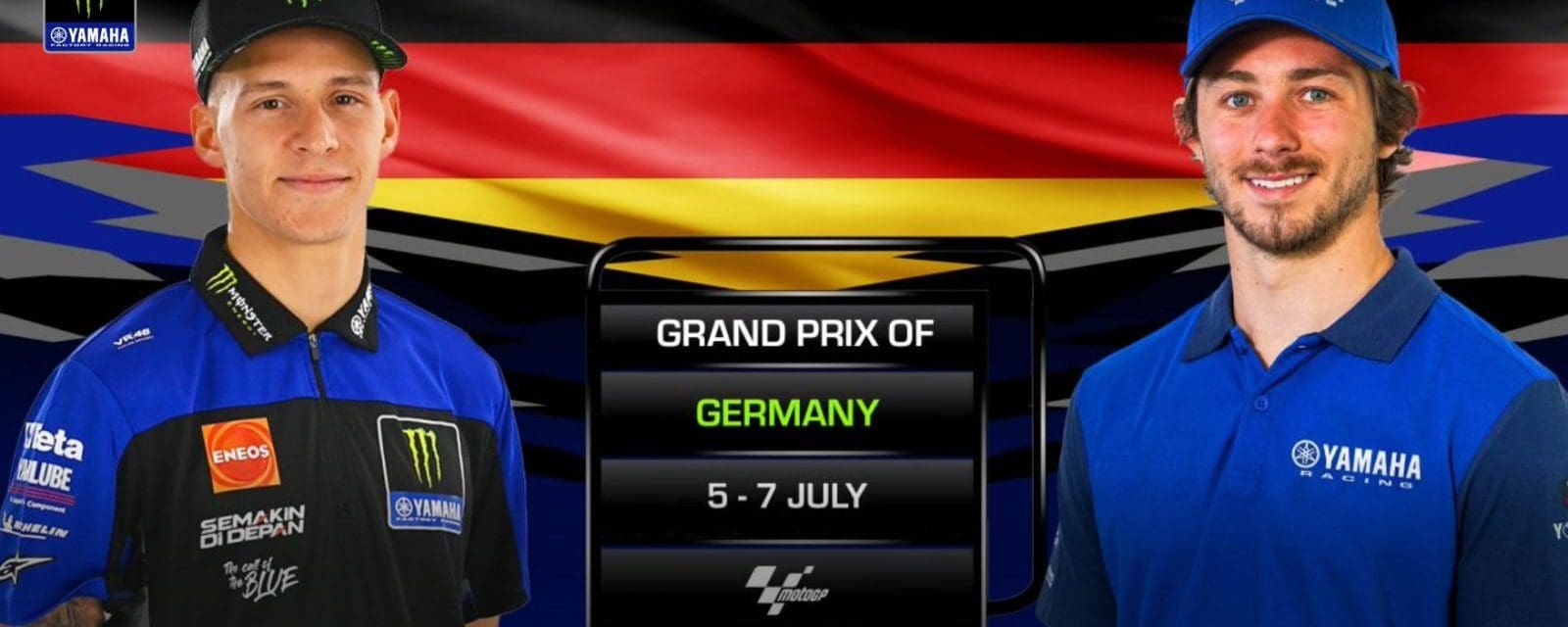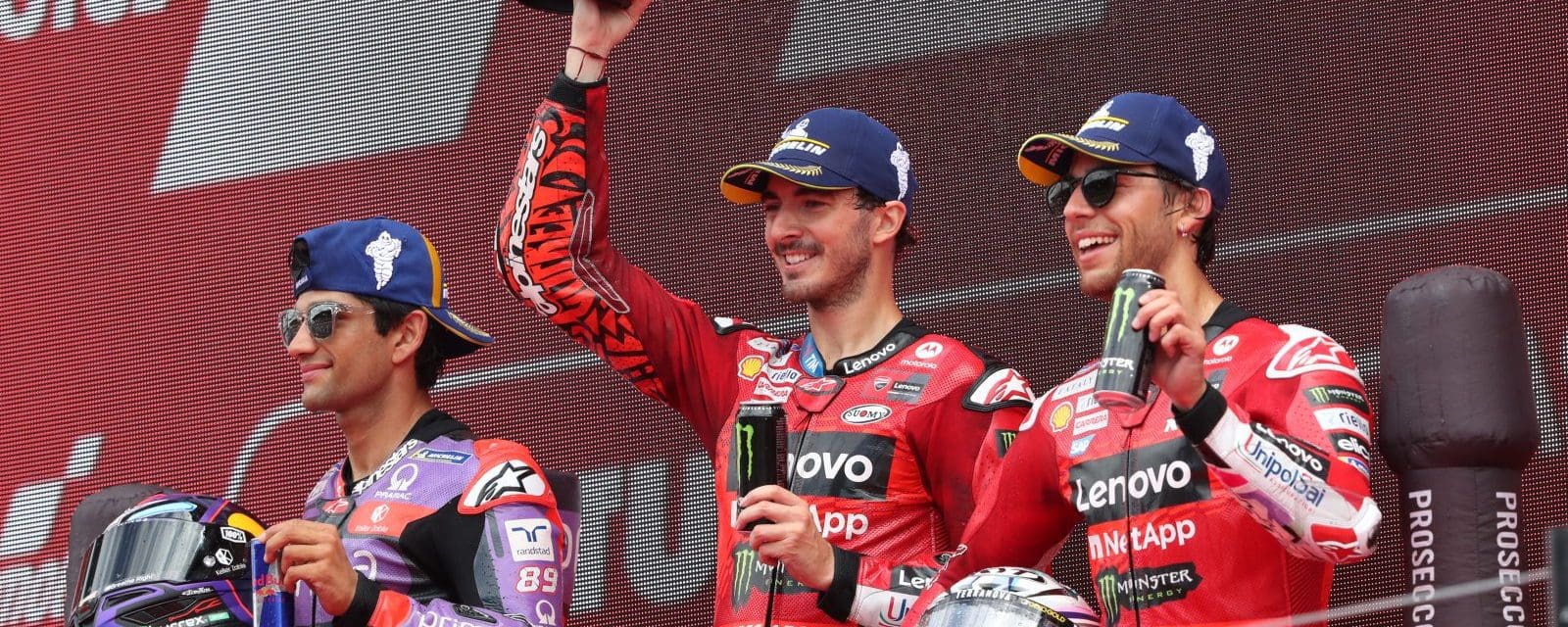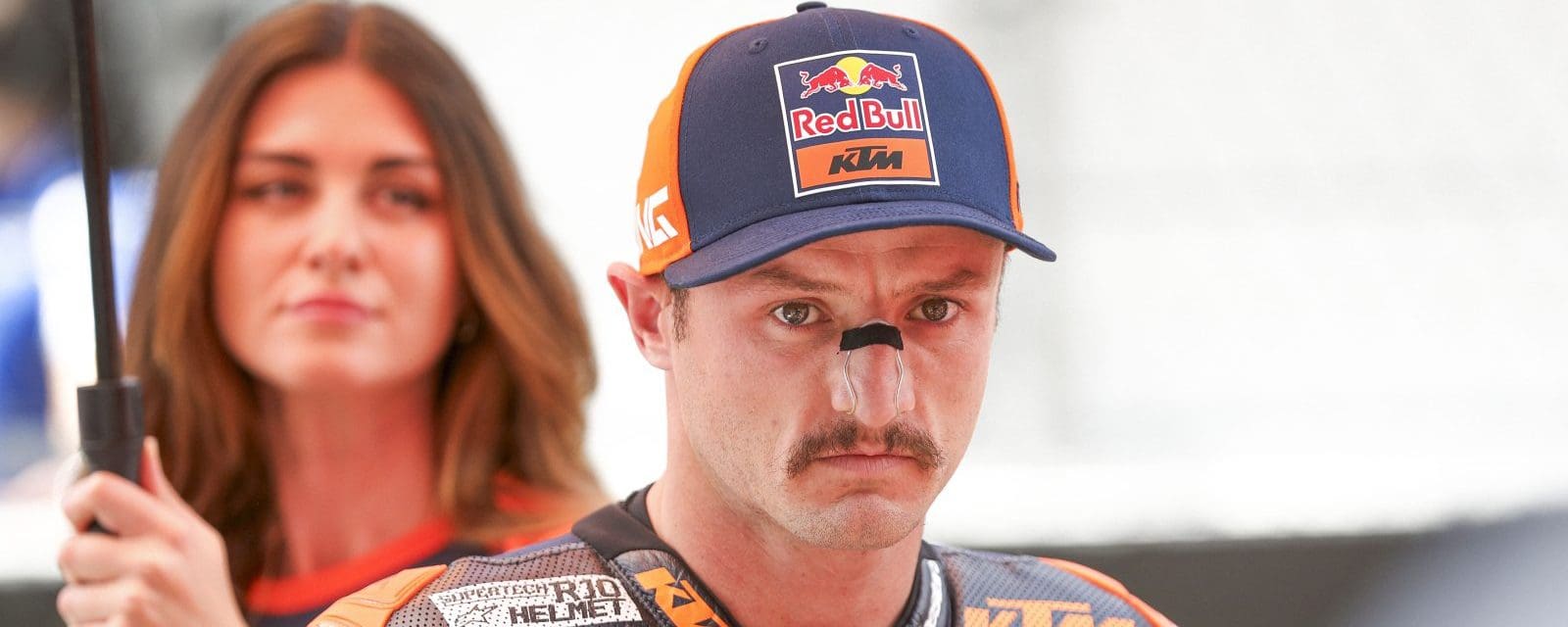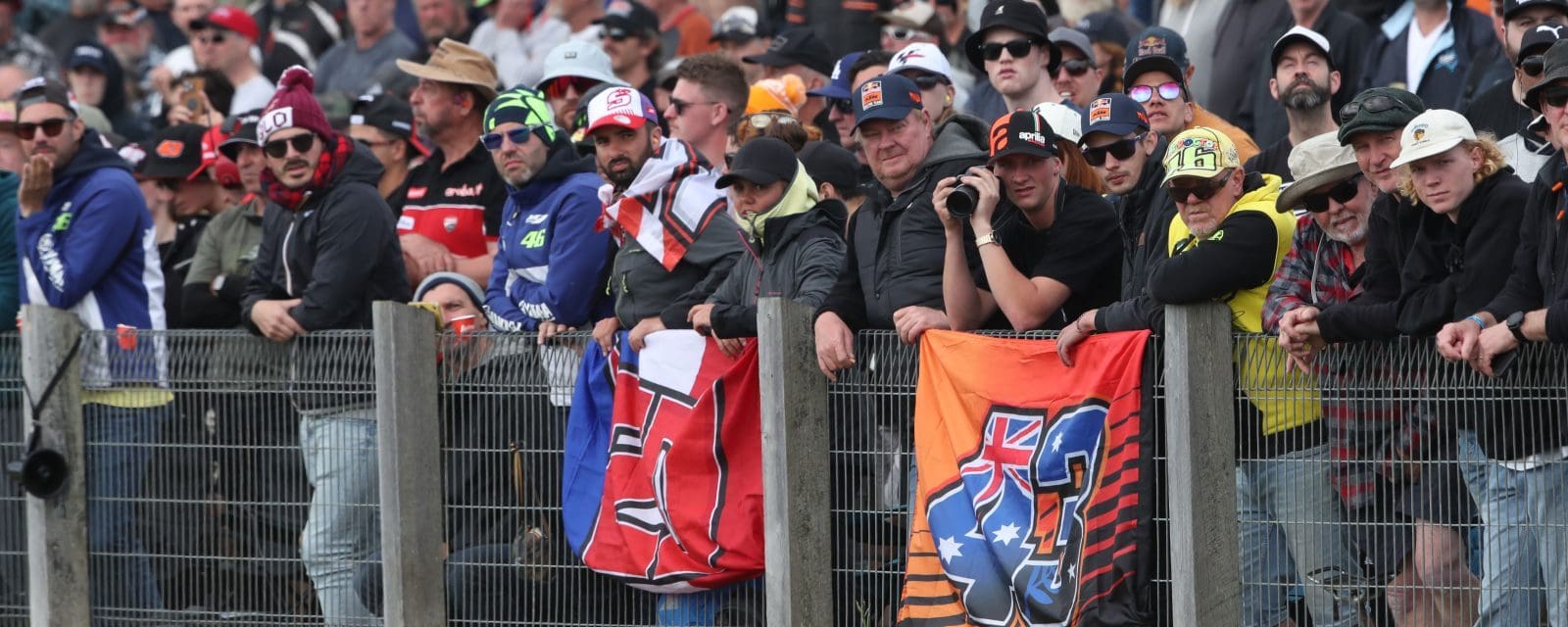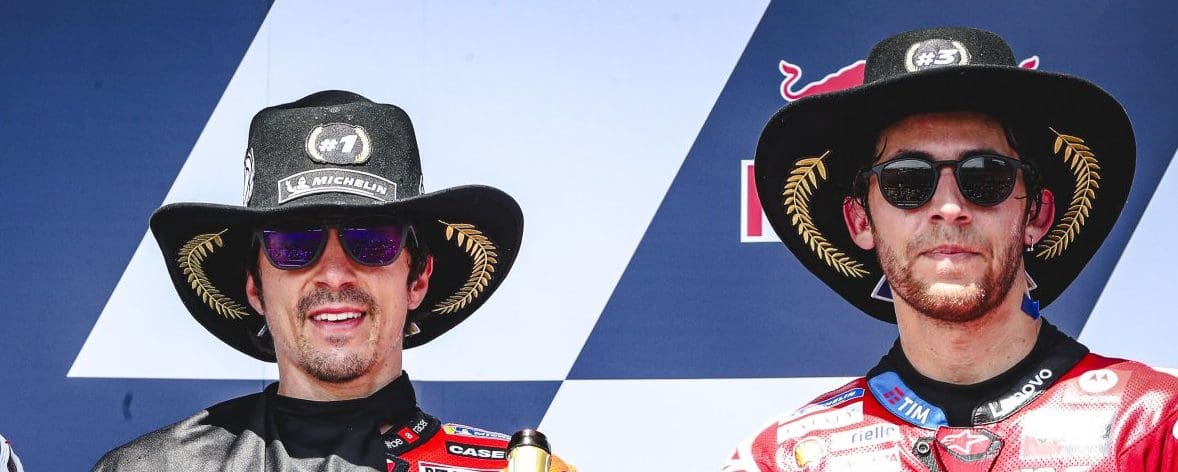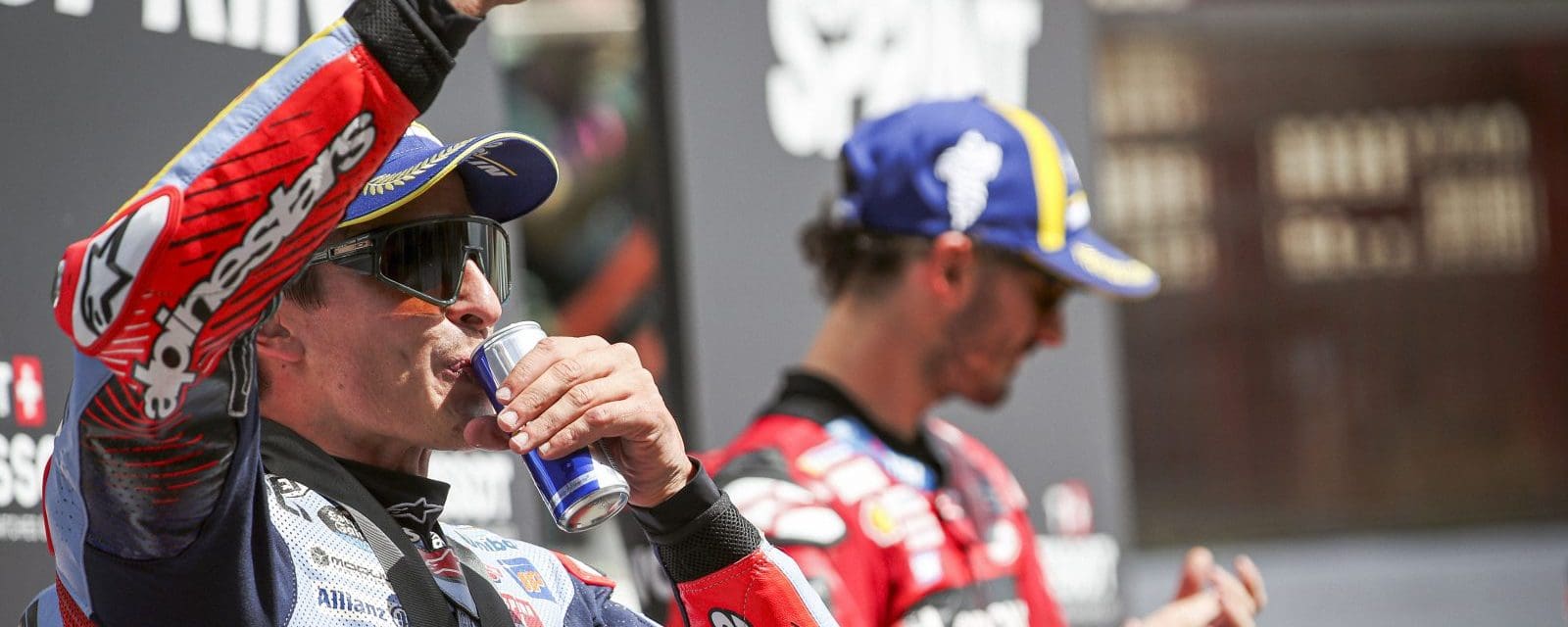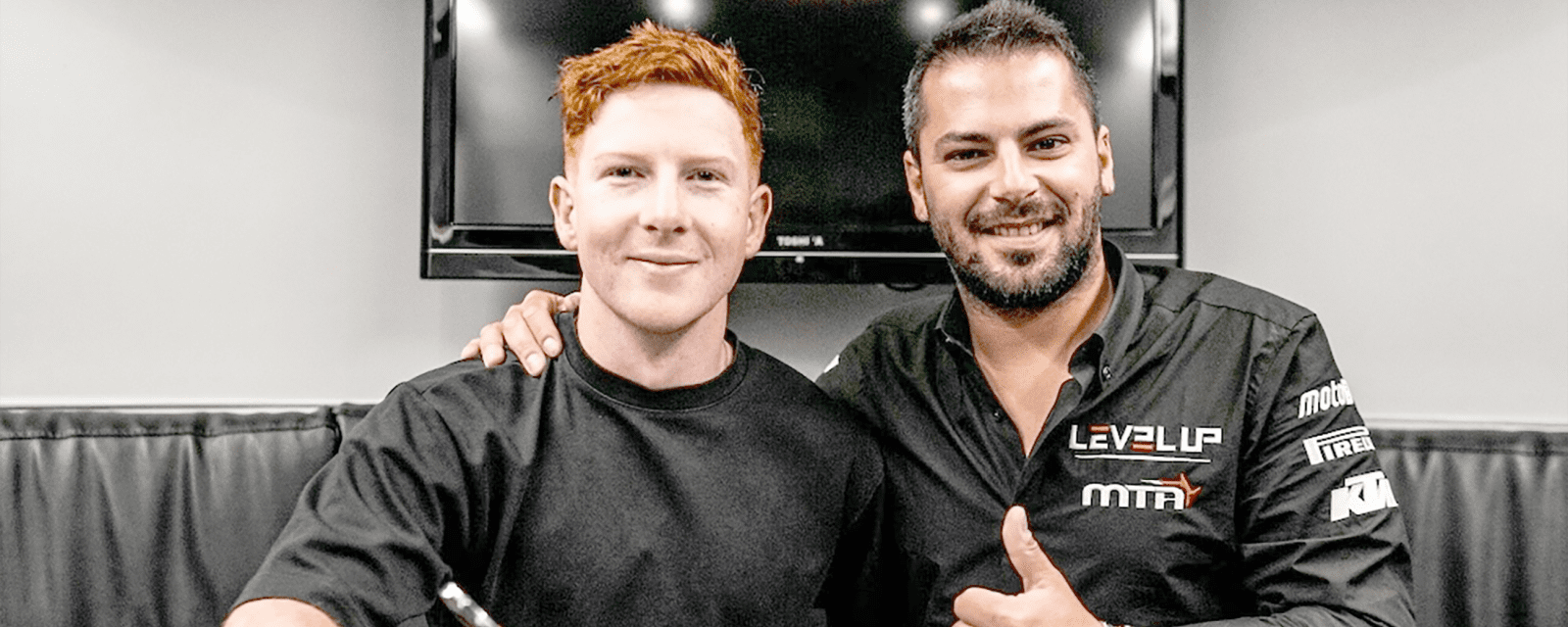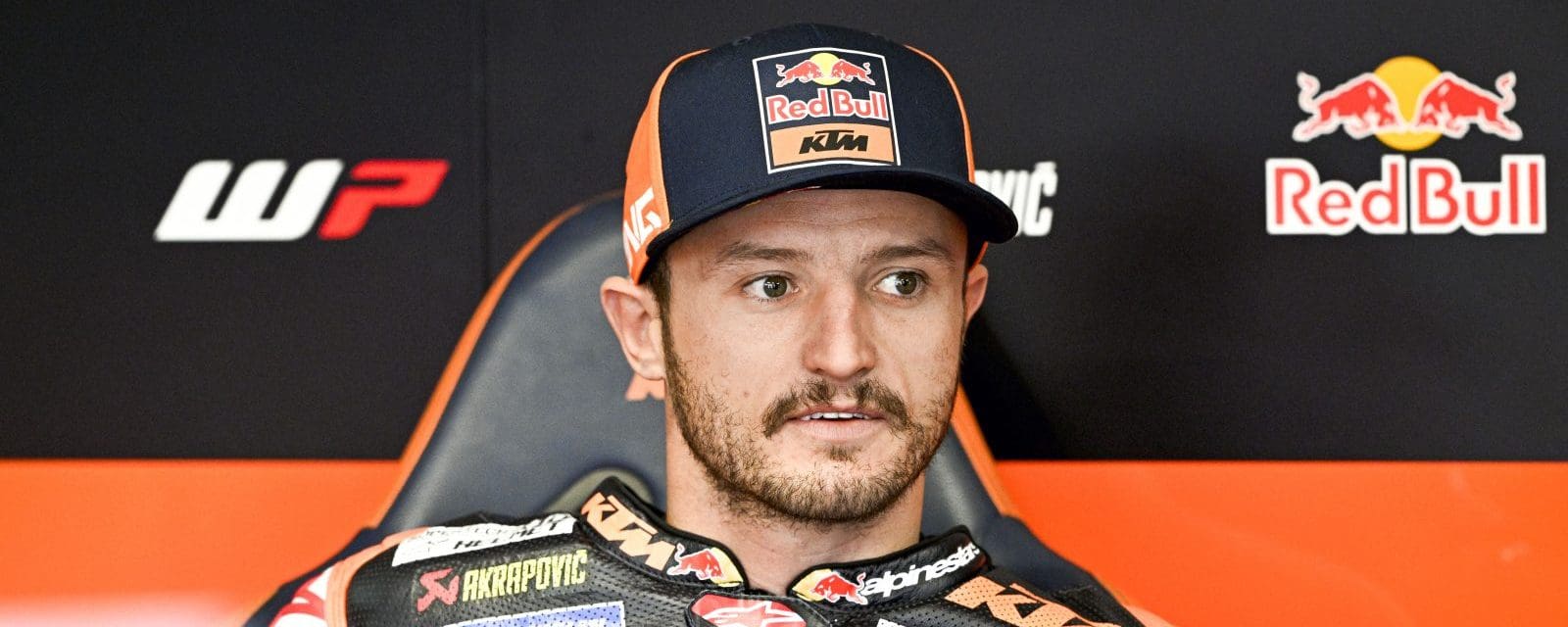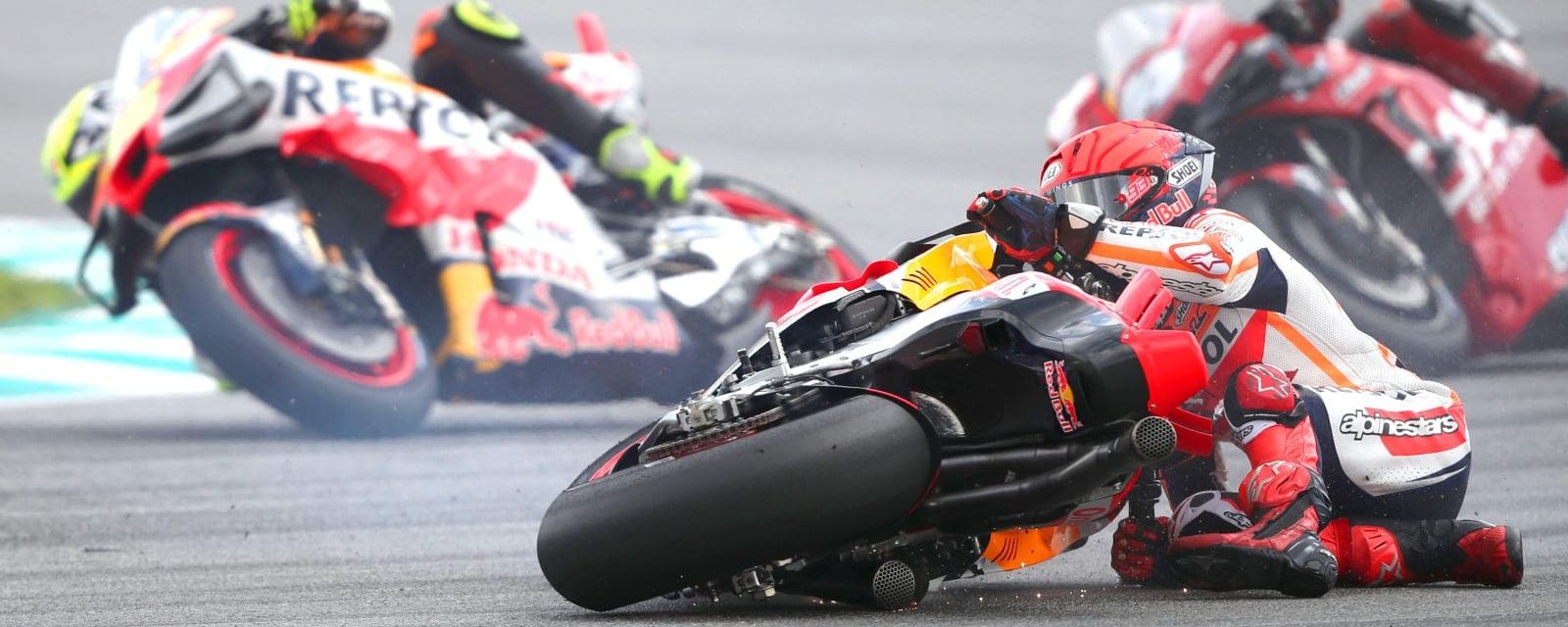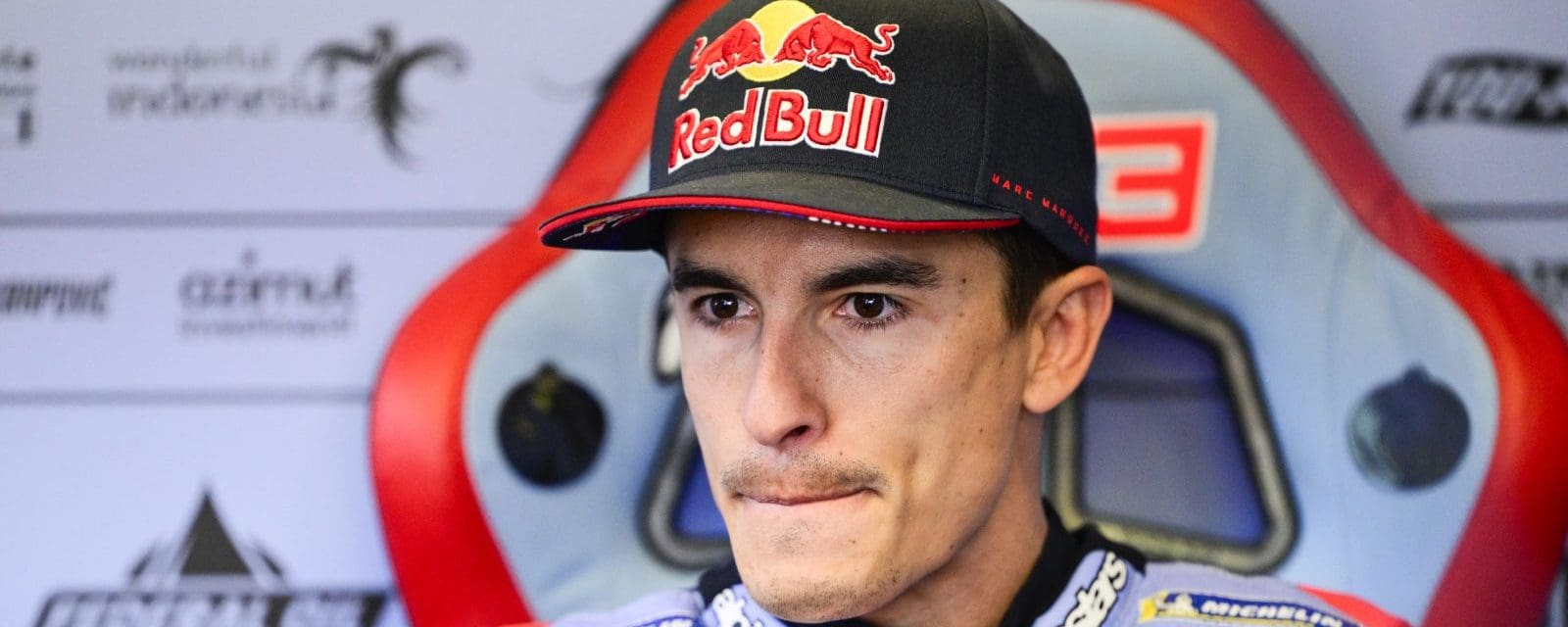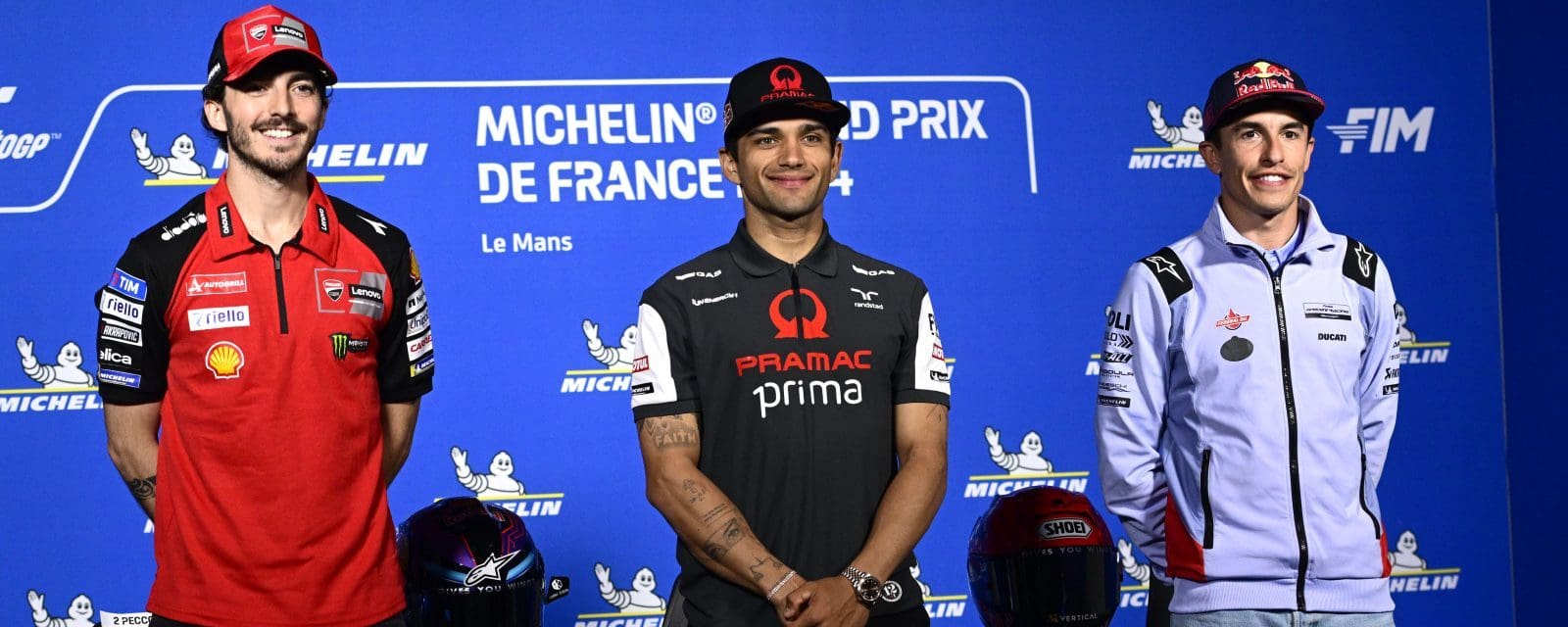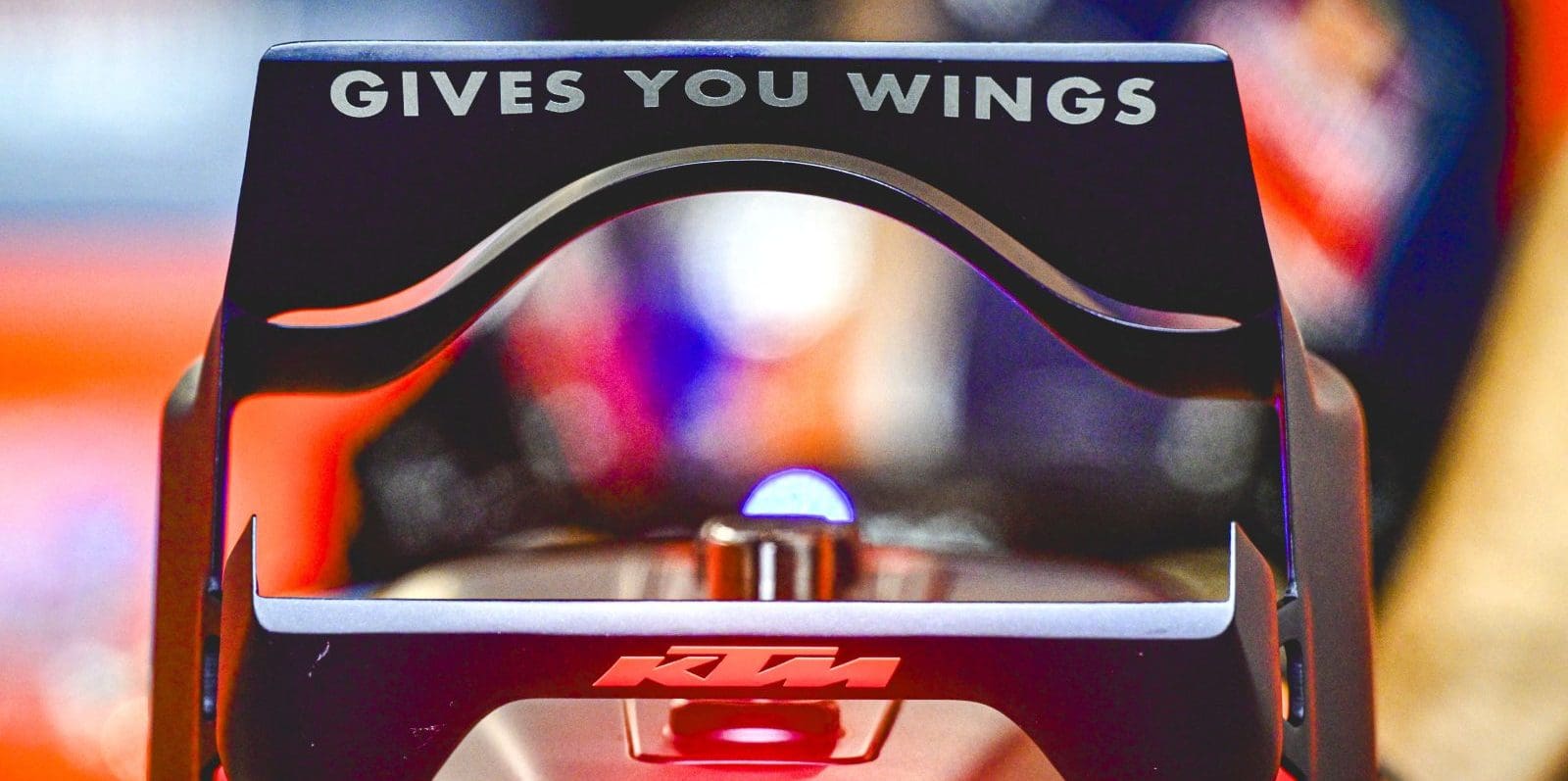Suzuki MotoGP withdrawal at end of 2022 season.
On a steamy hot May Monday at Jerez, not much seemed out of place in the Suzuki MotoGP camp. At a post-race IRTA test, its riders were attempting to work out exactly why their Spanish Grand Prix hadn’t quite gone to plan the previous day. A few things were to be tested, then home for 10 days’ rest before it started all over again in France. Only later in the afternoon did recently appointed Team Manager Livio Suppo and Project Leader Shinichi Sahara learn of a special development from Japan.
There was little indication of what was to come. To everyone, including riders and team personnel, it was business as usual. Riders Joan Mir and Alex Rins were readying to sign a contract extension to stay put beyond this year. And as recently as April of last year, the manufacturer had signed a contract extension with series organiser Dorna to stay in MotoGP until 2026.
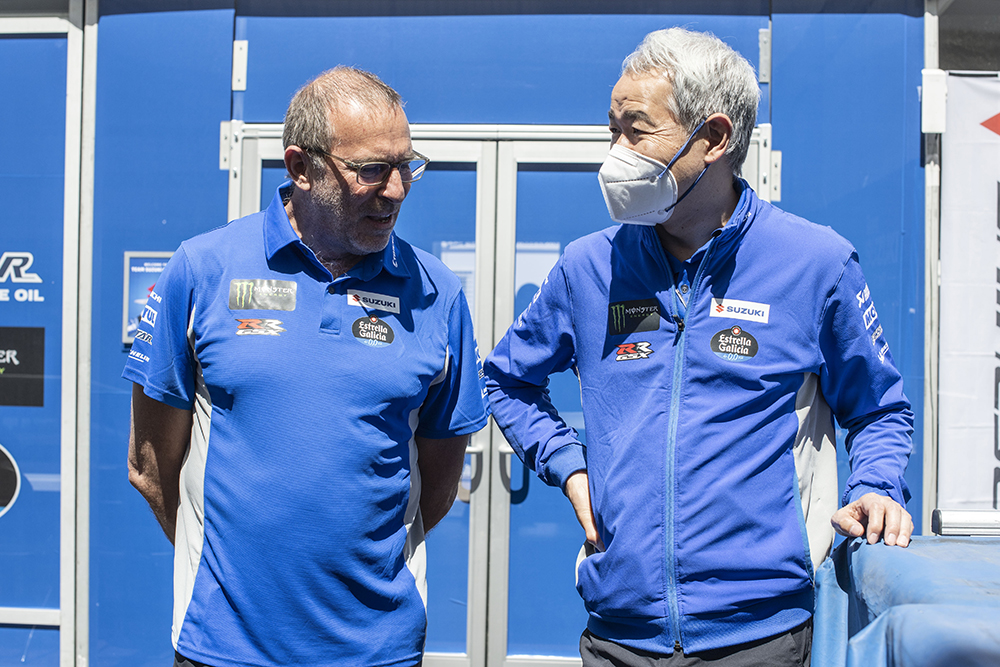
But the riders were called into Suppo’s office midway through the afternoon, where they were told the manufacturer intended to withdraw. Soon after, the team was gathered to learn of the bombshell news that Suzuki intended to withdraw from MotoGP at the end of the year. Rins could do little other than break down.
“It was super-hard,” he said.
“I was fully crying because I’ve given everything to this team since 2017.”
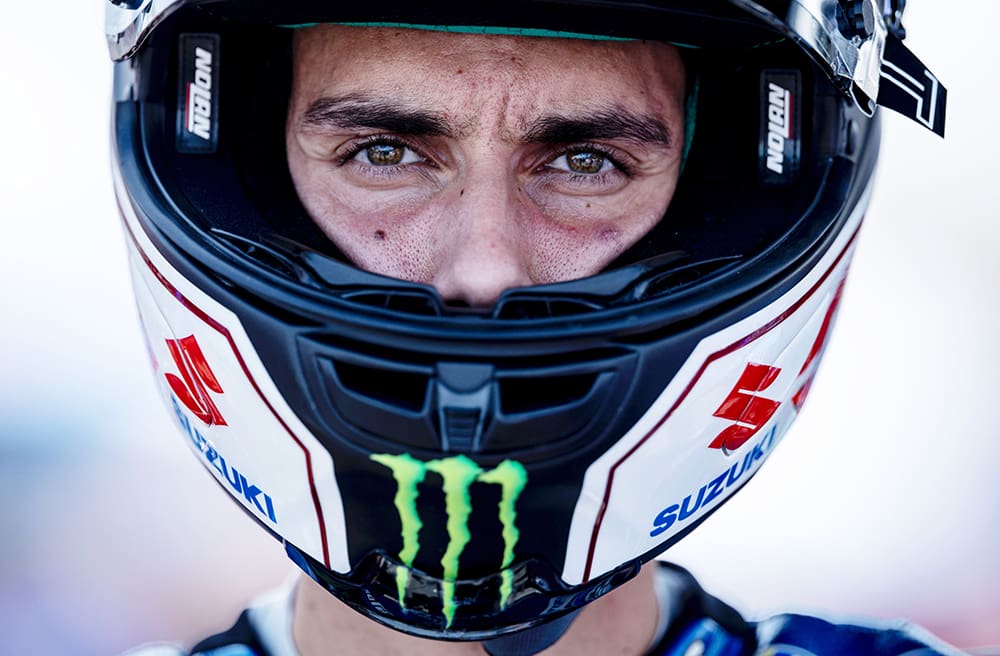
Everyone involved was blindsided by the news. Suppo had even spent part of the day discussing future plans and the rider’s market with Yamaha’s Managing Director Lin Jarvis.
“My immediate reaction when they told me they were going to quit was ‘that’s a load of bollocks’,” said Jarvis.
“The last person I spoke to in the paddock was Livio. We had a good 20-minute discussion in the paddock talking about the riders’ market, how to work better with past situations.”
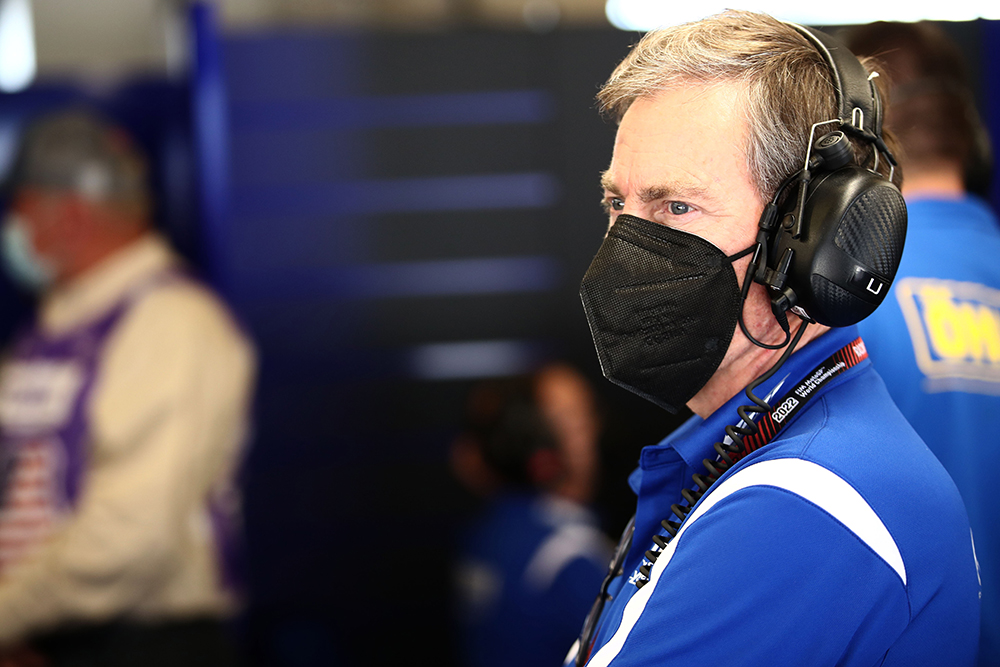
Radio silence
The news was broken the evening of the Jerez test by reliable Catalan journalist Uri Puigdemont. But official confirmation didn’t arrive for a further 10 days. Only on the eve of the French GP was a short, 98-word statement released. It pointed to “the current economical situation” as well as “the need to concentrate” the factory’s “effort on the big changes that the Automotive world is facing” by way of explanation.
The team could offer no official communication in France. Suppo and Sahara were off limits for interviews and were rarely seen outside the Suzuki garage. Only the riders were available for official comment. Incredibly, no one from the team had been contacted since the Jerez test – something Rins couldn’t quite understand, given his good relationship with the company’s President, Toshihiro Suzuki.
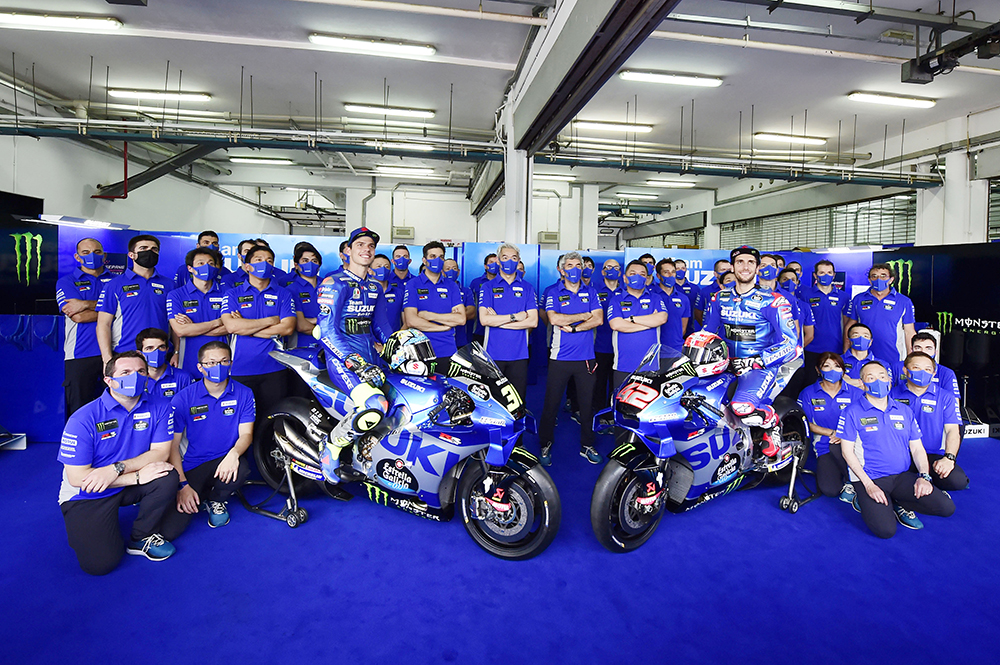
“It’s a little strange,” said the Spaniard. “Toshihiro-San is super-friendly with me. He sent me a video saying ‘congratulations’ when my baby was born.”
Mir added, “Of course, it’s surprising,” on the lack of communication. “But I think it’s a difficult situation for everybody to manage. Nobody wants to speak about this. If they decided this so fast and like this, it’s for one big thing.”
Given team and riders are still expected to give everything to win the crown this year, rival team bosses were dumbfounded by the Japanese’s lack of communication.
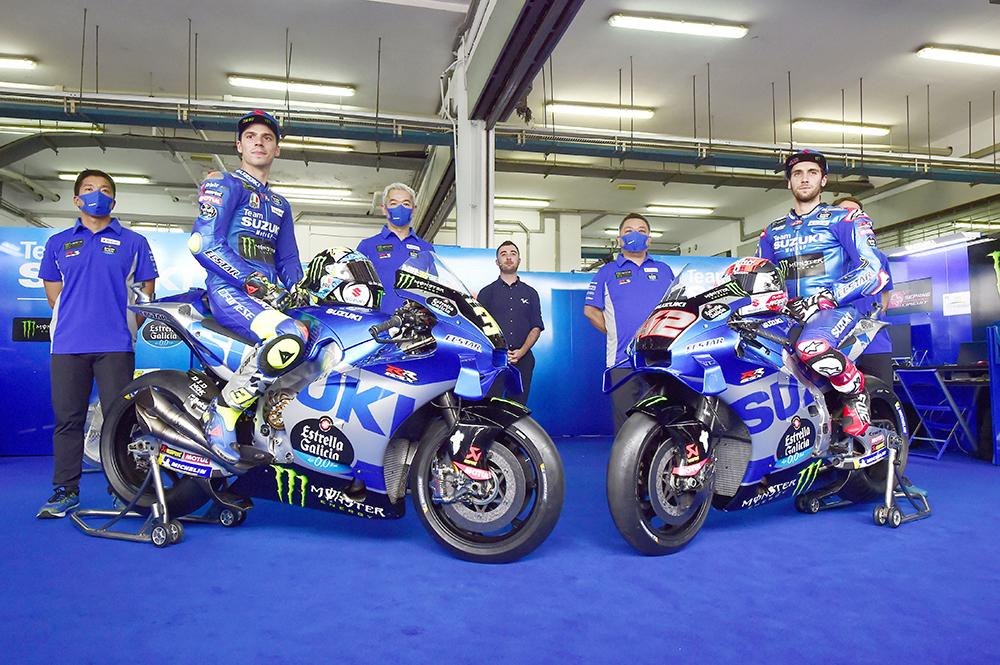
“I was very surprised they told the staff at the end of the IRTA test and there was no official recognition until 10 days later,” said Jarvis, who has great experience working and understanding the mechanisms of a Japanese corporation.
“This is very unusual. That put the people in the team, the Japanese engineers, the European engineers, the team staff, the riders in a very uncomfortable situation.”
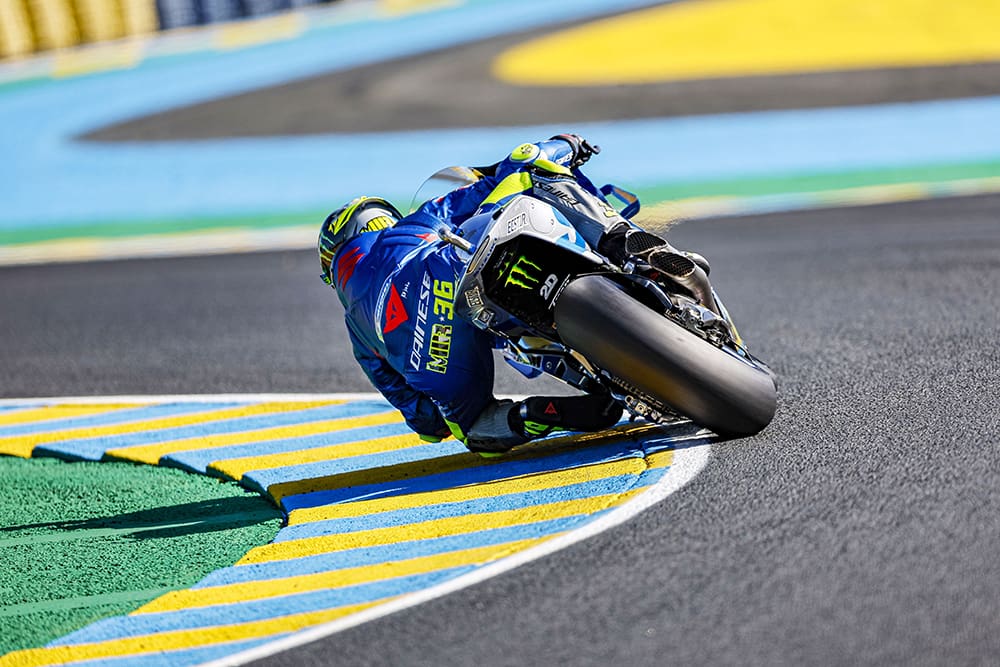
A historical precedent
Historically, Suzuki has been a conservative company, taking extreme decisions in extreme times. It quit the 500cc class in an official capacity in the mid-80s despite winning two championships at the beginning of that decade. Its withdrawal at the close of 2011 in light of the 2008 economic crash meant it watched from the sidelines for three years while rivals Honda and Yamaha continued to clean up.
Even still, it’s difficult to level with this decision. The factory’s MotoGP effort is in as good a shape as it’s been in the four-stroke era. And aside from the light blue colours, its structure is unrecognisable to what was presented in 2011.
Then the factory had Alvaro Bautista as a lone rider, who achieved a best finish of fifth all year and finished 13th overall. Now, Rins and Mir should be regular victory contenders aboard one of the grid’s best bikes – a far cry from the GSV-R, used from 2007 to 2011, which bore little resemblance in either look or design to the factory’s road fleet.
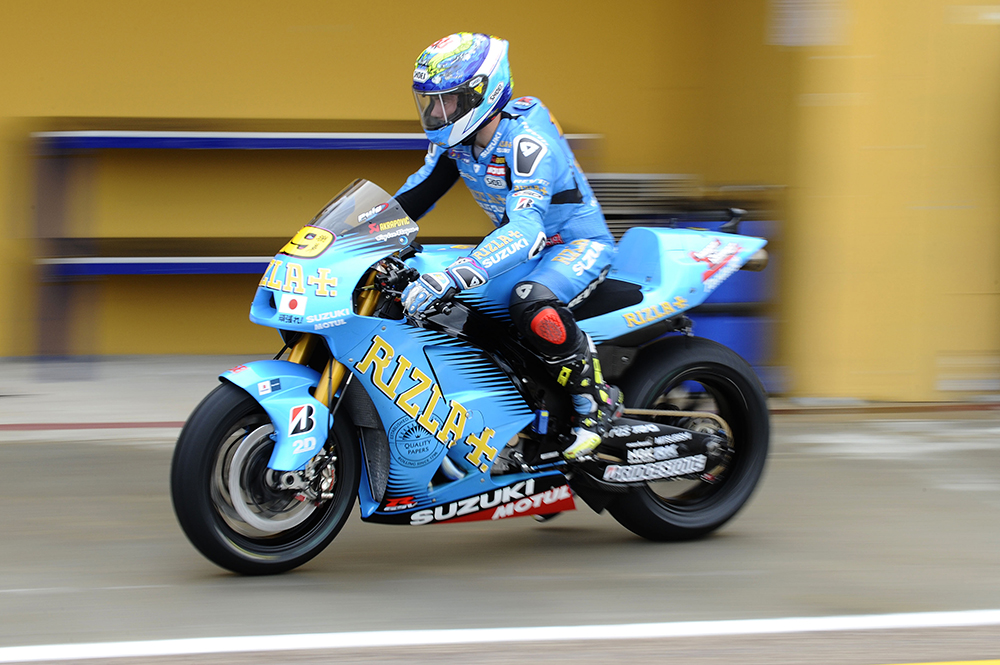
When seeking reasons, there is sadly no escaping the current bleak economic forecasts. Another recession hovers worryingly on the horizon, with the worst of consequences of a two-year global pandemic and European war still to be felt. Budget is a worry for all factories at present, not least those from Japan. Air costs have nearly doubled compared to pre-pandemic times and ferrying equipment and personnel to and from the east of Asia is more exorbitant now than any time in recent history. This is a struggle to which some teams in the smaller categories can attest. At this cost, the centre cannot hold.
Jarvis could empathise.
“Are we in some similarly difficult situations? Yes, for sure,” he said of Yamaha’s situation.
“We have the same problems with delivery of motorcycles, availability of spare parts and components. Markets have changed. But we don’t have an automotive business. We don’t make cars, we (only) make some engines. Maybe this is affected by their automotive business.”
“The need to concentrate” the factory’s “effort on the big changes that the Automotive world is facing” referred to in Suzuki’s official statement relates to a significant change it is making. As recently as March, the Associated Press indicated how Suzuki Motor is investing 104.4 billion rupees ($A1.9 billion) of its funds in electric vehicles at its Indian plant. This hints at the company’s future planning, as it claims to have been “forced” to “shift cost and human resources to develop new technologies.”
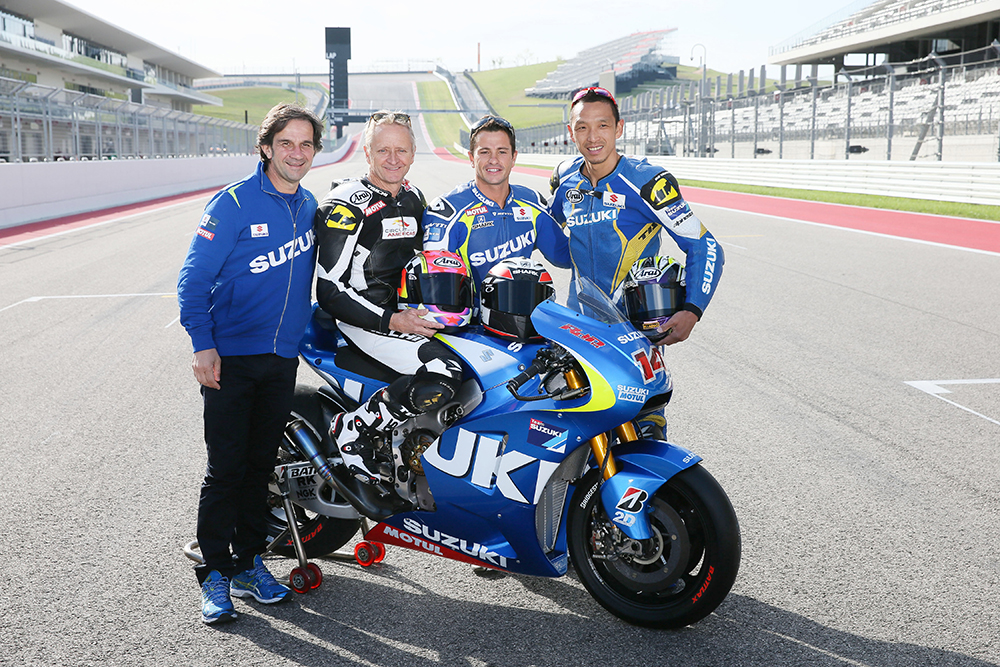
A source within the team confirmed no one there was on a contract beyond this year. Even Suppo, hired in March, had a one-year-plus-one deal. With riders poised to renew commitments for next year, it appears the factory was aware it had to act now, otherwise further penalties for breaking contracts would be incoming.
One could conclude there is good reason to pull out, especially as it appears Suzuki Motor is also under investigation for potentially fitting a number of its four-wheeled diesel fleet with an emission device that provided fake readings. However, reports in German paper Süddeutsche Zeitung stated this could affect 22,000 vehicles Suzuki has sold – hardly a jot on the 11 million vehicles that were recalled in Volkswagen’s ‘Dieselgate’ scandal that cost the German firm somewhere in the region of $US40 billion.
Also, financial results released on the eve of the French GP showed the company to be in rude health. Net sales increased by 12.3 percent from April 2021 to March 2022. Its operating profit decreased by 1.5 percent, a statement read, “owing to increase in raw material prices,” but ordinary profit was up by 5.9 percent. Even the net sales of its motorcycle operations increased by 14.1 percent, albeit with a greatly reduced operating profit.
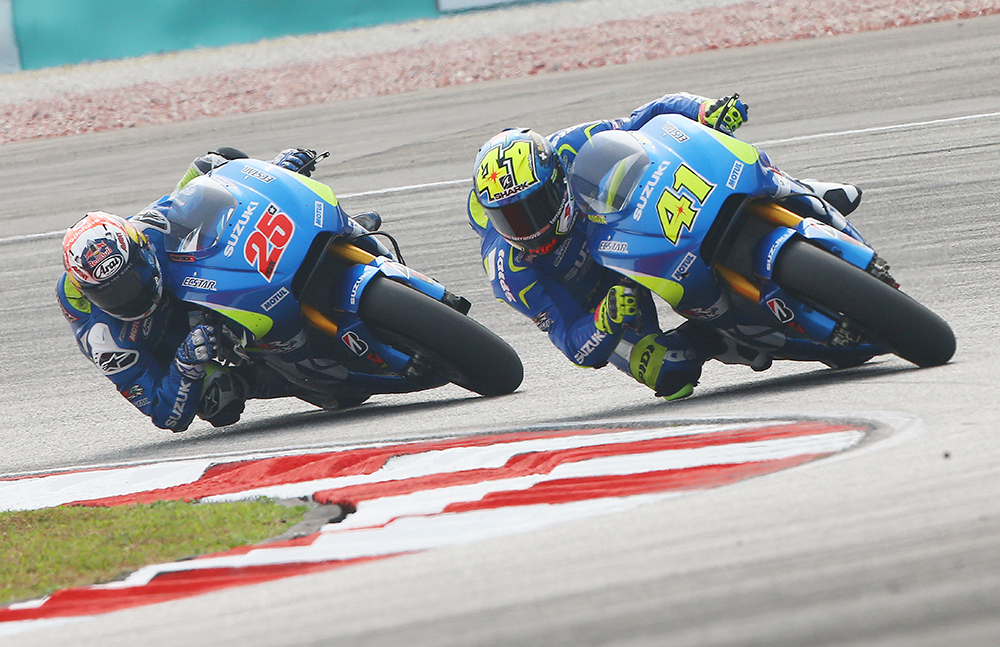
With very little in the way of official communication, one is left to speculate. The take of Paco Sanchez, Mir’s personal manager, was, “this is a big multi-national competition. There is a board and on this board are people who are not interested in racing. Outside of MotoGP… it is nothing. You are making numbers and thinking of the future and strategy and maybe there are people thinking ‘what is MotoGP? And why are we spending 50 million (a year)?’ We could invest that in electric cars or have another marketing strategy. I don’t know but for sure there are some Japanese that don’t like MotoGP. And if they are in the majority on the board…
“People with a suit and in a chair in Japan have never come here and aren’t worried about the people that work here. It’s shit because all of these people are so professional. With a really low budget they made really successful results.”
Jarvis agrees he and other MotoGP teams are at the whim of those who sit on factory boards.
“Once any large corporation in the world, when the board decides something big, there is almost no stopping it. If it comes to a major issue and there is a reason to make radical decisions, then any board can do such things,” he said.
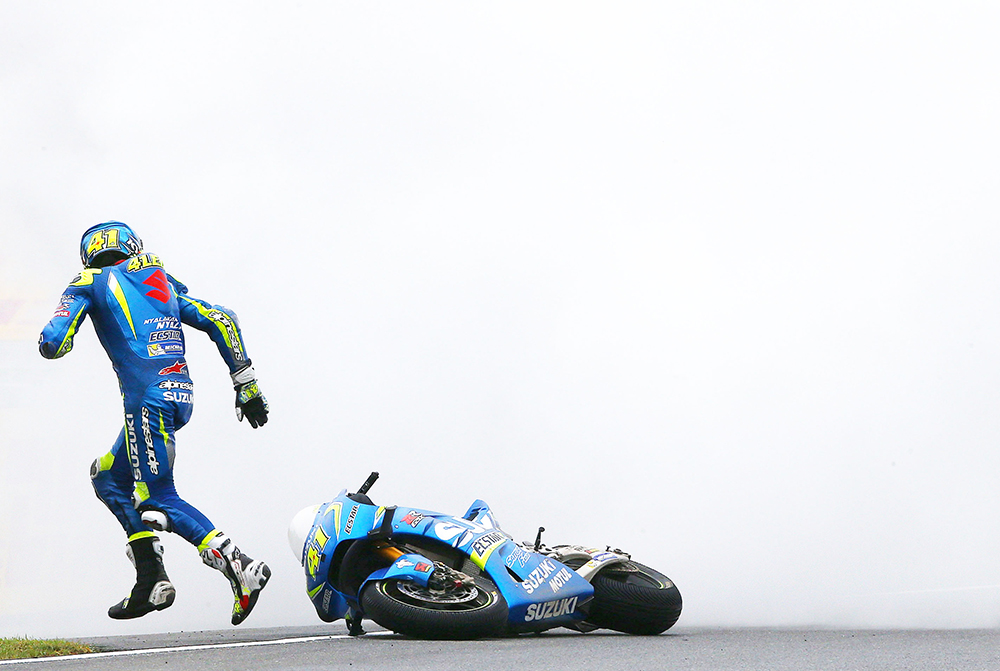
Shaky ground?
Dorna was understandably at pains to point out the series is doing just fine despite the news.
“It’s important to say that we obviously are not happy with Suzuki leaving, but the most important thing is that the championship is in very good health,” said Dorna CEO Carlos Ezpeleta at the French Grand Prix.
The Spaniard met with each MotoGP team in France to allay any fears or concerns. The company claims it has received “high interest” from “official factories” and “independent teams” keen to join the series in their place.
Looking at the current situation, Jarvis believed the sport is in much better shape than 2011 when Suzuki last departed.
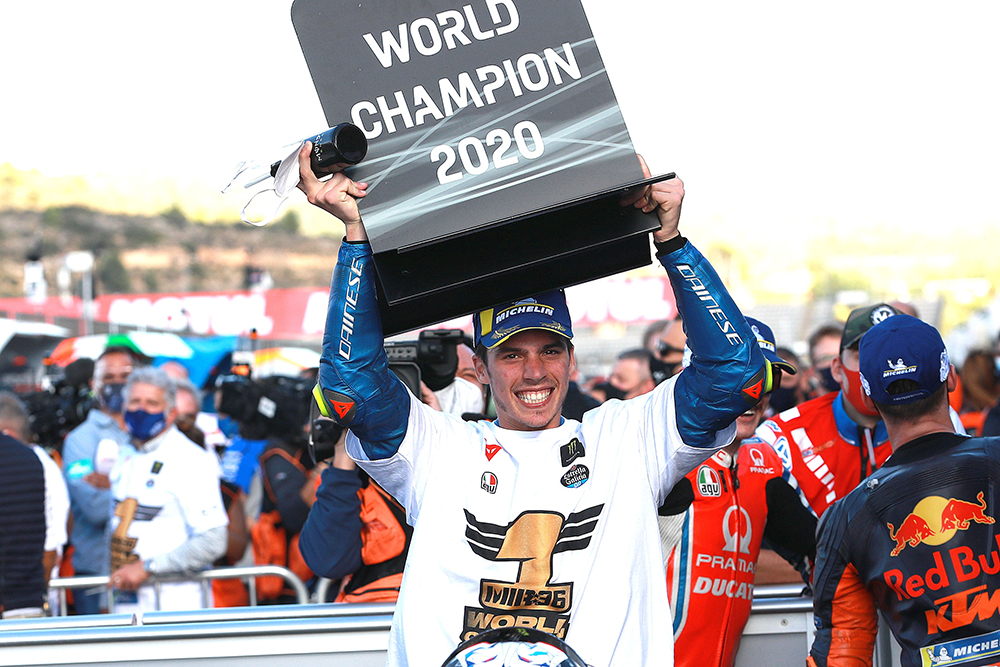
“Could it happen at Yamaha? There is no hesitation to continue in MotoGP. We’ve signed the five-year contract, we’re committed to the sport,” said Jarvis. “I can’t see their problems influencing Yamaha.
“I read things like everyone else about inflation, the economy slowing down and the consequences of the expansion of the war. Who knows? Maybe all the doom and gloom will prove to be correct, or maybe it won’t. I don’t think today we’re in an extremely difficult situation, but we could be if things turn very badly. Who knows if the Ukraine situation will get out of hand. Already it’s an extraordinary situation. If it got worse that doesn’t just influence us; it influences everything.
“On the positive side, I think the sport is as good as it’s been. I was just talking to the president of Yamaha Europe. We were looking at the positions after FP3. There were 16 riders within one second. That’s amazing. There are six constructors here at the moment. I understood from Carmelo that after Suzuki’s announcement, other factories showed interest.
“If I compare the situation now to when we had the CRT [Claiming Rule Team] situation, that was a very precarious situation, where we had to do everything we could to prop up the grid. We’re in a very different space at the moment. But again, if a macro-global situation develops in a negative way, it will affect everything and everybody.”
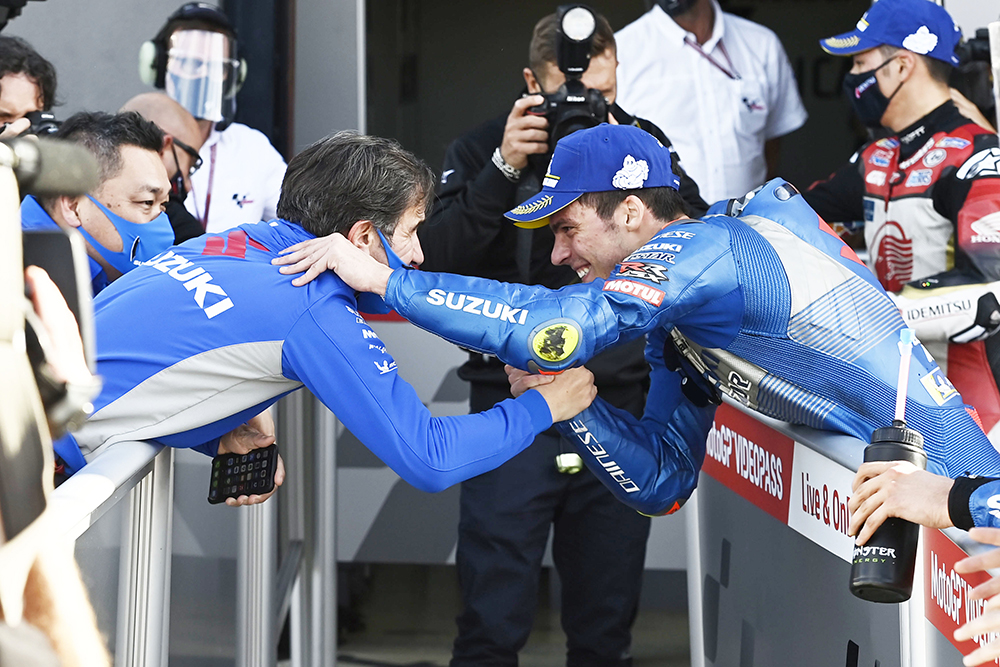
What now?
Well, the company is still negotiating with Dorna the terms on which it will leave the series.
“The first thing we said is that we could understand, but we need to talk to know the situation because we have an agreement with Suzuki signed just last year,” said Ezpeleta. “We need to understand exactly where the problem is.”
One rival Team Manager from a European factory believed the fine to break their contract will be in the region of 20 million ($A30m). Considering its MotoGP operation cost in the region of 40 million ($A60m) a year, they will save around an estimated 180 million ($A270m) from the withdrawal.
The last time Suzuki left (at the close of 2011), it stated its intention to return within three years (it eventually returned in four). There was no return date mentioned this time around.
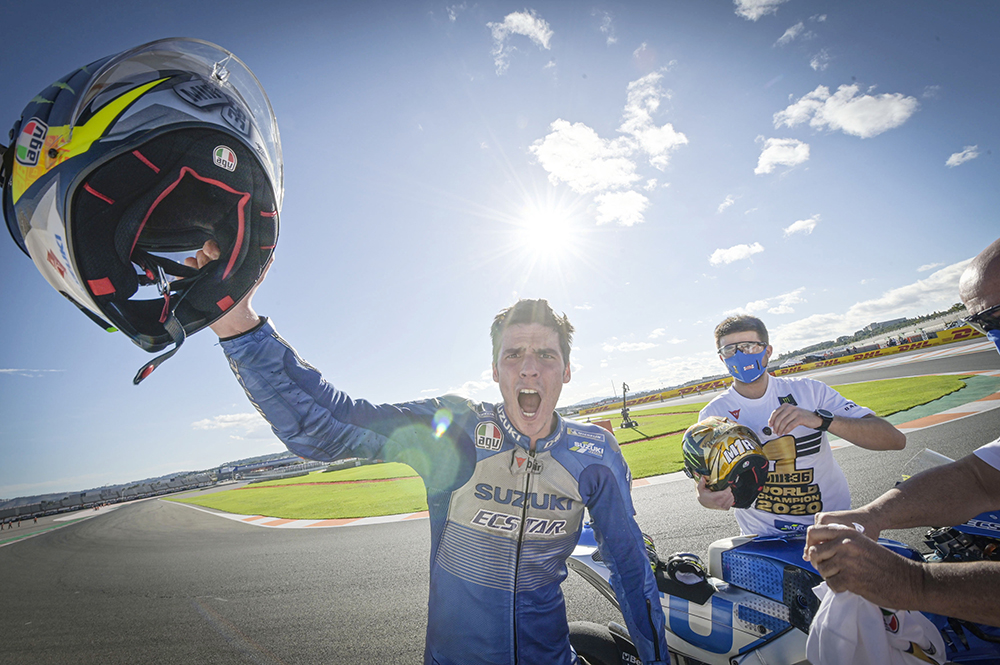
And seeing how the factory has conducted itself in the past fortnight, it’s hard to imagine any way back for them in the near future.
Meanwhile, Mir and Rins must somehow put the whole saga to one side while concentrating on deposing Fabio Quartararo from his throne. Despite showing great promise in France, the weekend ended in disaster, with both riders crashing out.
The past month hasn’t been a good look for a company whose MotoGP project has always been managed with passion, warmth and expertise – a stark contrast to Suzuki Japan’s dealings with the event. Expecting results from this team in the coming weeks under such circumstances seems unreasonable.
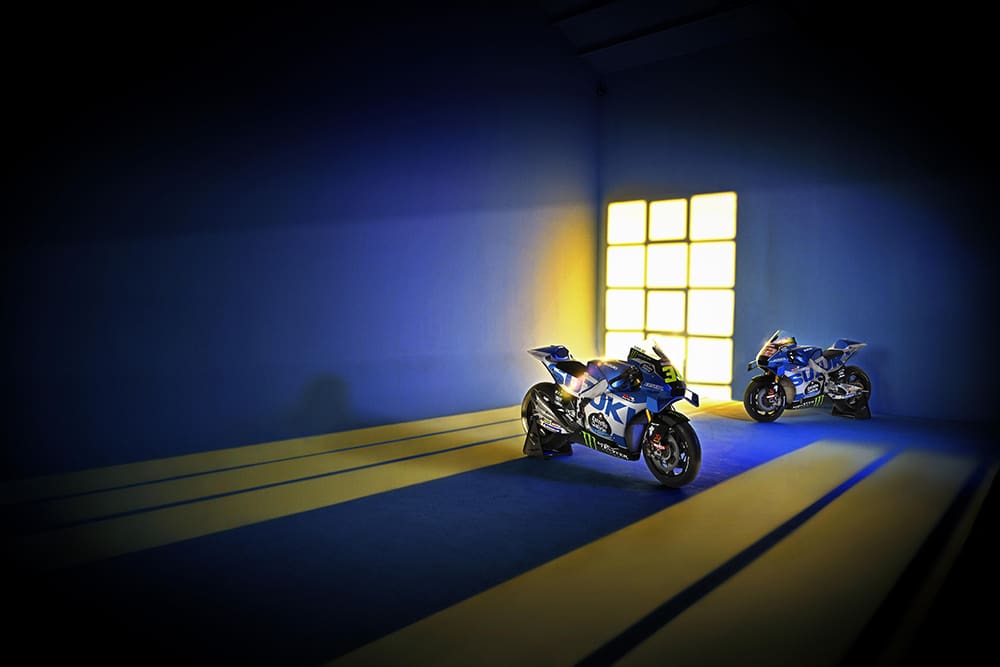
Words Neil Morrison Photography Gold&Goose
